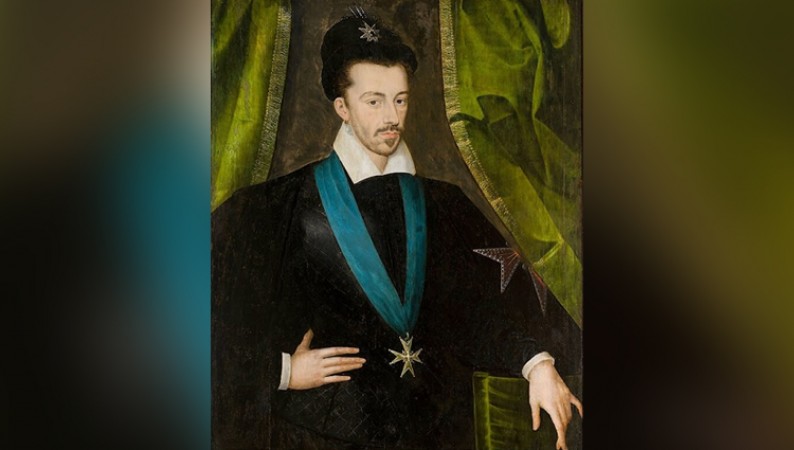
On September 12, 1217, a significant chapter in the history of medieval Europe unfolded as French Emperor Louis (also known as Louis VIII) and British King Henry III signed a momentous peace settlement. This historic agreement marked a turning point in the tumultuous relationship between the two powerful nations, bringing an end to years of conflict and paving the way for a more stable and cooperative future.
The Context of Conflict:
The 13th century was a period marked by intense rivalries and territorial disputes among European monarchs. Louis and Henry III were no exceptions to this trend. Their animosity had deep roots, dating back to Henry's father, King John of England, who had been embroiled in a long and bitter conflict with the French crown over the duchy of Aquitaine.
Upon ascending to the throne of England in 1216, Henry III inherited this ongoing struggle with France. The two nations were locked in a relentless struggle for control over key regions, including Normandy and Aquitaine, which were of great strategic and economic importance. The conflict had caused immense suffering to the people of both nations and had taken a heavy toll on their resources.
The Treaty of Lambeth:
As the war dragged on, both Louis and Henry III recognized the need to bring an end to the hostilities and seek a lasting solution to their disputes. Enter the Treaty of Lambeth, signed on September 12, 1217, at Lambeth Palace in London. This historic treaty marked a pivotal moment in European diplomacy.
Key Provisions of the Treaty:
Recognition of Territory: The treaty recognized the existing territorial boundaries of both England and France, effectively ending their territorial disputes. Normandy, which had been under French control, was formally ceded to the English crown, while France retained control over Aquitaine.
Marital Alliance: One of the most significant aspects of the treaty was the agreement to strengthen the bonds between the two kingdoms through marriage. Louis' daughter, Blanche of Castile, was betrothed to Henry III's son and heir, the future King Edward I. This dynastic alliance was intended to promote long-term peace and cooperation between England and France.
Security and Non-Aggression: Both parties pledged not to support rebellious factions or enemies of the other country, fostering a commitment to peace and stability in the region. Any disputes were to be resolved through diplomatic means rather than military force.
Restoration of Property: The treaty also stipulated the return of property and assets seized during the conflict, allowing for the rebuilding of war-ravaged regions and the restoration of order.
Legacy and Impact:
The Treaty of Lambeth not only put an end to a protracted and destructive conflict but also laid the groundwork for future diplomatic relations between England and France. The marriage alliance between Blanche of Castile and Edward I served as a symbol of the newfound harmony between the two nations. This union would eventually produce one of England's most celebrated monarchs, Edward I, who would go on to rule for over three decades.
Moreover, the treaty set a precedent for peaceful resolution of conflicts through diplomatic means, emphasizing the importance of negotiation and compromise over warfare. It demonstrated that even in the midst of intense rivalry and discord, it was possible for leaders to come together and forge a path toward peace and cooperation.
The Treaty of Lambeth, signed on September 12, 1217, between French Emperor Louis and British King Henry III, remains a testament to the power of diplomacy in resolving long-standing conflicts. This historic agreement not only brought an end to a period of hostility but also laid the foundation for future cooperation and alliances between England and France. It serves as a reminder that even in the most turbulent of times, the pursuit of peace and diplomacy can lead to a brighter and more harmonious future.